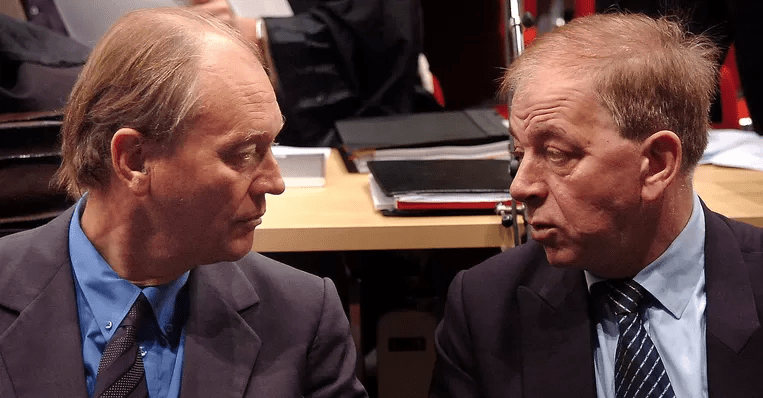The court of appeal in Ghent has finally closed the case of the West Flanders computer technology company Lernout & Hauspie (L&H), ordering six former directors to pay damages of €655 million to more than 4,000 of the failed company’s creditors.
L&H seemed like a model for the relatively new technology age when it started in 1987 to develop speech technology, which would allow any computer with no keyboard skills to use a computer merely by speaking to it.
The company grew fast, in part by swallowing up other technology companies that had been left behind in the fast-moving computer age. By 1995 the company, based in Ypres, was quoted on the Nasdaq, the New York stock exchange for technology, the first Belgian company to do so, and in 1998 it entered into a partnership with Microsoft worth $45 million.
But just two years later the Wall Street Journal revealed that the company’s success had been largely built on fictitious transactions in Korea as well as various accounting irregularities designed to push the market valuation artificially high.
In April 2001 Jo Lernout and Pol Hauspie, together with former CEO Gaston Bastiaens, were arrested. The trial took place in 2010, and ended with those three and former vice chairman Nico Willaert were sentenced to five years in prison, two of them suspended.
But the affair dragged on, with a case brought for damages by 15,000 investors in 2014, although a law office representing 10,000 of those was dropped five years later when it became clear the executives would never be able to pay.
The ruling issued by the court of appeal in Ghent yesterday awards €605 million to the administrator appointed to take charge of the company’s affairs, and €47 million to the shareholders who were cheated by the false reporting in the original case.
The appeal court’s ruling runs to more than 10,000 pages, and covers more than 9,000 questions to be decided. Of those, more than half were either declared inadmissible or a decision postponed indefinitely – for example where the plaintiff has since died, or failed to communicate with the court.

